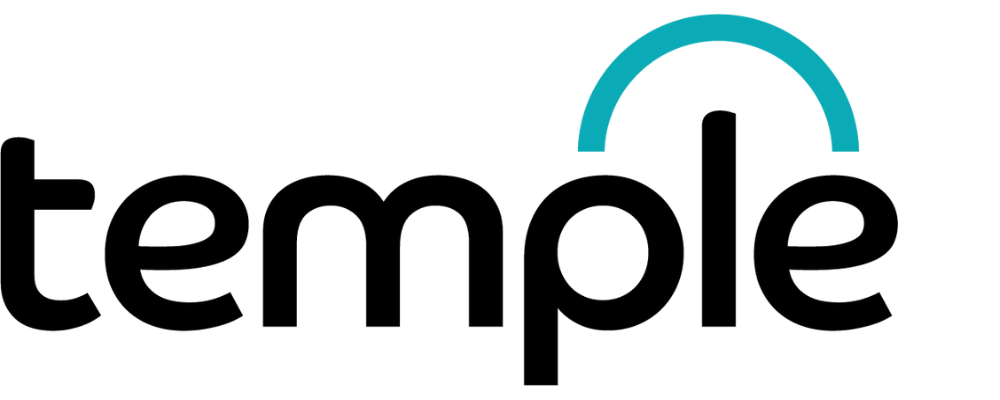Identifying OHS hazards and managing risks
In today’s competitive landscape, businesses can’t afford to overlook the health, safety and wellbeing of their people. Accidents, illness and psychological stress aren’t just personal issues – they have the power to disrupt operations, damage your reputation and cost your organisation dearly.
That’s why implementing a certified Occupational Health and Safety Management System (OHSMS), such as ISO 45001, isn’t just a legal or ethical obligation – it’s a strategic move for future-focused businesses.
The Hidden Cost of Workplace Risks
Whether you’re running a manufacturing site, managing field-based teams, or leading a desk-bound office, workplace hazards exist. If left unchecked, they can lead to:
Costly downtime and operational disruption
Staff shortages due to illness or injury
Low morale and high staff turnover
Rising insurance premiums and legal liabilities
Damaged reputation with clients and investors
From mental burnout to preventable injuries, the impact of poor health and safety management goes far beyond physical harm. It threatens your most valuable asset – your people – and undermines long-term business resilience.
Identifying Hazards, Reducing Risk
ISO 45001 empowers organisations to take control of occupational health and safety (OHS) risks by establishing a structured, evidence-based framework. This enables you to:
Systematically identify hazards across all roles and locations – from machinery and manual handling to stress and fatigue.
Perform detailed risk assessments that consider both immediate dangers and long-term health concerns.
Introduce practical controls and procedures to prevent incidents before they happen.
Involve employees in shaping safer, more supportive working environments.
Critically, ISO 45001 helps you go beyond minimum compliance to build a proactive culture where risk awareness and safety are embedded into everyday thinking.
ISO 45001: More Than Just a Tick Box
At Temple QMS, we help businesses not only achieve ISO 45001 accreditation and training, but also harness its full value as a tool for growth, performance and resilience.
Here’s how your organisation benefits:
✅ For Large Enterprises:
Meet ESG goals and CSR commitments
Strengthen investor confidence and public trust
Protect brand reputation across global operations
Integrate health and safety into broader business strategy
✅ For SMEs:
Win contracts with clients requiring certified suppliers
Reduce operational risk and unplanned absences
Improve staff retention and engagement
Access more competitive insurance rates
In short, ISO 45001 isn’t just about preventing harm – it’s about giving your business the stability it needs to grow sustainably.
Training and Consultancy Tailored to You
Implementing ISO 45001 can feel daunting – but it doesn’t have to be. Temple QMS offers expert-led support every step of the way, whether you’re starting from scratch or looking to improve an existing system.
We offer:
ISO 45001 Consultancy – Practical, hands-on support to design, implement and maintain a management system aligned to your goals.
Training Courses – From awareness sessions to internal auditor qualifications, we empower your team to own the process and maintain performance.
Gap Assessments and Audits – Honest, thorough evaluations to help you improve continuously and stay compliant.
Build a Resilient, Safer Future
A safe and healthy workplace isn’t a cost – it’s a competitive advantage. ISO 45001 helps you turn reactive firefighting into proactive leadership. By embedding good OHS practices into your core operations, you’ll reduce incidents, improve morale and create an organisation people are proud to work for.
Protect your people. Futureproof your business.
Partner with Temple QMS to unlock the benefits of ISO 45001 today.

